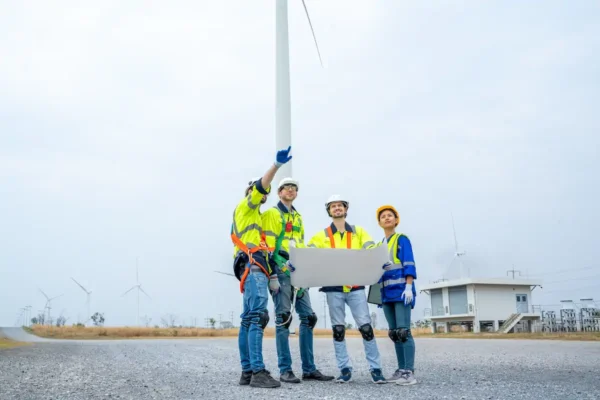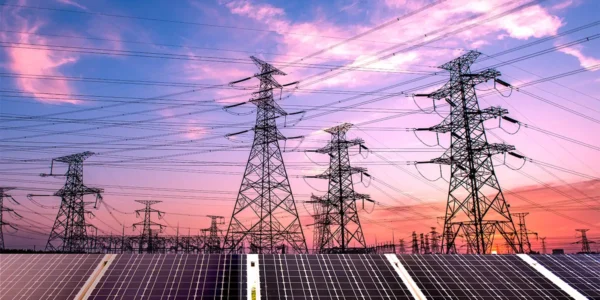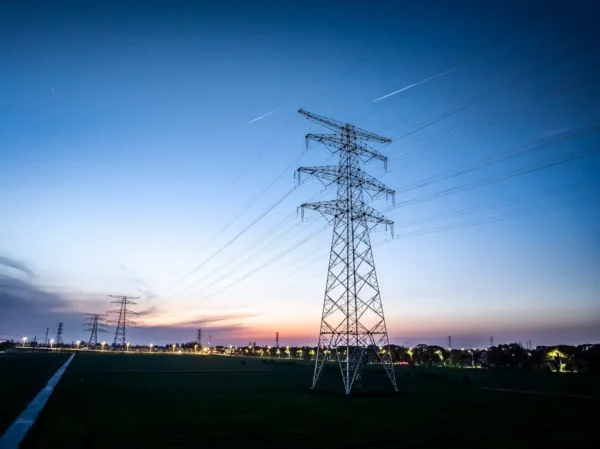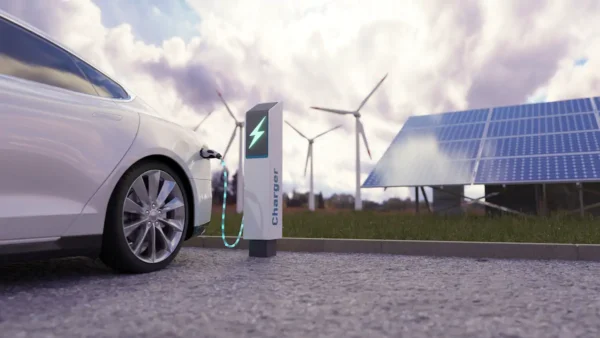Focus Areas
Rising electricity demand, rising reliability threats, rising costs – the challenges facing state policymakers today are immense.
Guided by our advocacy playbook, our work is laser-focused on creating market conditions that position advanced energy technologies as readily available solutions to these challenges, empowering our member companies to grow, stay competitive, and deliver benefits for the American people and economy.
To scale advanced energy, we need to:
Build It, Make It Flexible, and Make It Affordable









